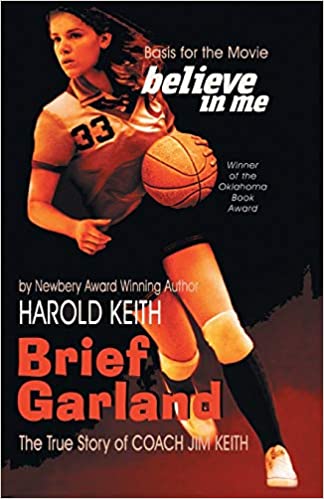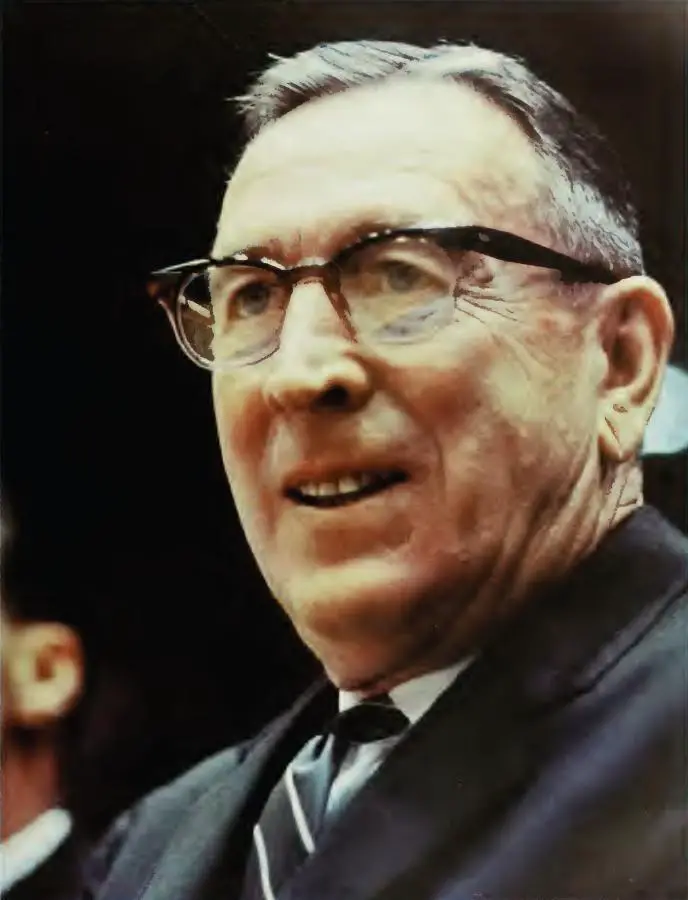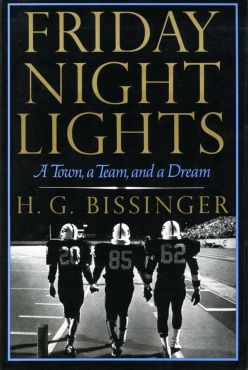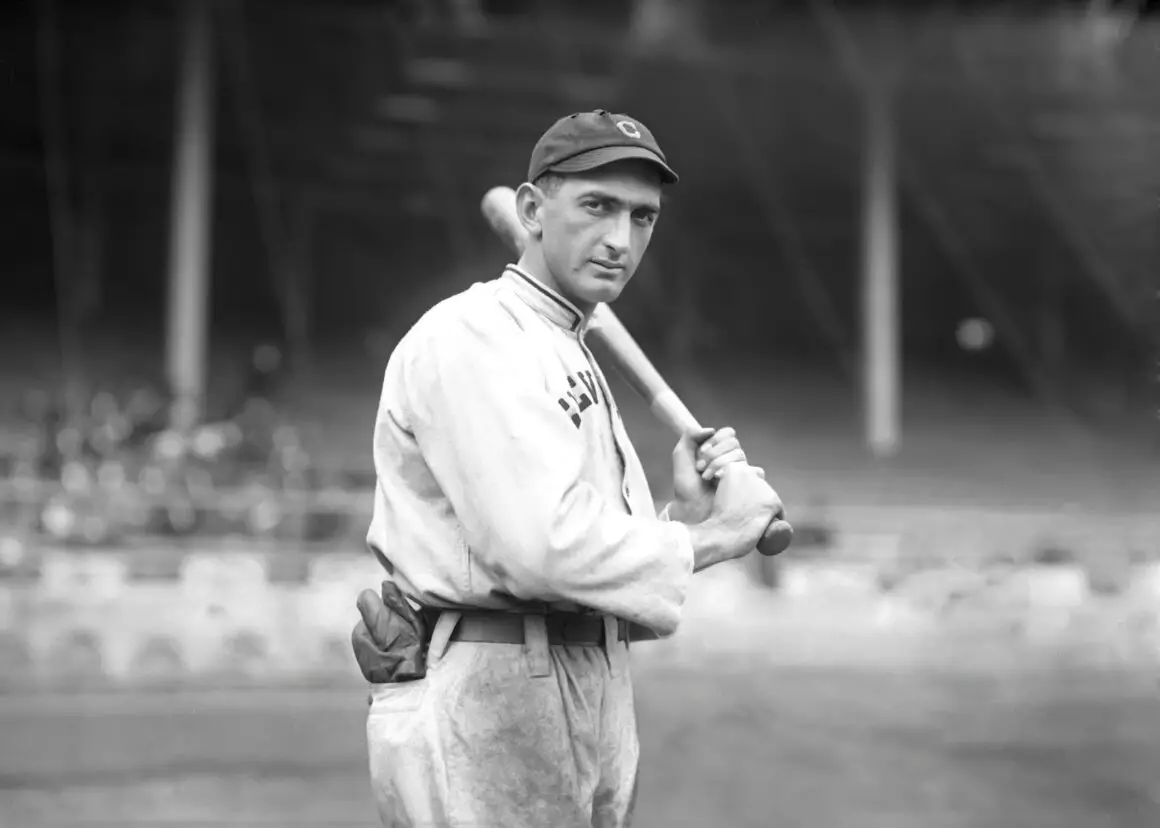I am not an athlete or even an avid spectator of sports, but the stories of underdog teams that succeed, athletes who fight adverse conditions and persevere, teams or individuals who overcome tragedy, those who search and find something lost in their lives, or a character arc via sports, these have always drawn me in. Books and films that cover personal trials and triumphs; I hear about them and think, “I have to read that book or see that film.” The way the heart races, that last game—will they win, won’t they, will that ball go through the hoop, will victory be theirs—all make me rejoice.

Sports influence our society ‘across the board’ and have generated numerous expressions we embrace daily, such as being asked to ‘take one for the team,’ ‘be a team player,’ ‘cover the bases,’ and so on. One thing is for certain: Nowhere does my love of this genre involve hero worship. While a very real and pervasive feeling for many as demonstrated in Friday Night Lights, the worship of some athletes can be unhealthy. Ideally, the values that cause individuals to rise and determine the course of their lives and interactions with others, win out in the long run.
That’s the Spirit: Let’s Hear it for Women’s Basketball
Brief Garland by Harold Keith, 1999, The True Story of Coach Jim Keith
In Brief Garland, Lee Driskill (based on real-life Coach Jim Keith) relocates to Middleton High School in Oklahoma, hired to coach the boys’ basketball team. He learns that instead of that position, he has gotten ‘stuck’ with a team of awkward, obedient stereotypical 1950s girl basketball players, a sport for which there is no respect. Driskill thinks, “He wouldn’t be caught dead coaching any girls’ team. Girls weren’t serious about basketball. They were high-strung.” Driskill consults a lawyer who asks, “What have you got against girls’ basketball? Don’t you like girls?”

Eventually, Coach Driskill takes on the ‘temporary’ challenge, and through understanding and skills training, turns the female players into an accomplished championship team, the pride of legions of women athletes to follow. Of course, the high school team advances to the finals. Will they pull off the win in the last few minutes? The tension runs high. But the true victory lies in the attitudinal change of the Coach and his life-long commitment to women’s basketball from then on. Point well taken.
In a sports article for The Oklahoman in 2006 about the real Coach Keith-led team during the 1962 season, Jenni Sayer writes that not winning the state title is “the last thing the players remember. They remember the time they trailed by seven with less than a minute left and won. They remember Coach Keith always insisting they could do anything. They remember the resiliency, the inner strength, the lessons that would stay with them the rest of their lives. They remember the magic.” Eventually, Keith decided to coach only girls’ athletic teams.
Film director Robert Collector, prompted by his wife to bring Brief Garland, the book she’d read and cherished in junior high, to screen, did so under the title Believe in Me. A search for the book led me to my “home-away-from-home” comfort zone bookstore, L. A. South Bay Barnes & Noble, who ordered it for me with shipping free (I am a member). The theme that sports stories go beyond the field or court to teach important life lessons prompted me to read a book for the advice of an exemplary man, the legendary basketball Coach John Wooden from my alma mater, U.C.L.A. The winningest coach in college basketball history who led by example, he likely remains the foremost shining example of coaching while living the tenets of a good life within a sports framework.
Be True to Yourself
Coach Wooden: The 7 Principles That Shaped His Life and Will Change Yours – by Pat Williams with Jim Denney, 2011
In a foreword about legacy truths, Tony Dungy, Super-Bowl-winning NFL coach writes, “Coach Wooden didn’t just teach basketball – he taught life.” John Wooden’s father wrote these seven principles by which to live on a piece of paper that he bequeathed to his son: “Be true to yourself.” “Help others.” “Make each day your masterpiece.” “Drink deeply from good books, especially the Bible.” “Make friendship a fine art.” “Build a shelter against a rainy day by the life you live.” “Pray for guidance and counsel, and give thanks for your blessings each day.”
Wooden kept this folded paper in his wallet throughout his life and added other maxims, such as: “Discipline yourself so that no one else has to,” “You have not lived a perfect day until you’ve done something for somebody who cannot repay you,” “Never compromise your values or integrity,” “Consider the rights of others before your own feelings and the feelings of others before your own rights.” Coach focused on the greater good, never on oneself, and in that, always be your highest self. Integrity, concern, honor, leadership, and having a positive influence upon others guided his life and he taught these self-affirming principles to his players.

I was particularly impressed with Wooden’s thoughts about the influence of books and learning. He wrote, “The worst thing about new books is that they keep us from reading the old ones.” The rules one applies to games are the same rules that apply to the game of life. When interviewed for his Jumpball company brochure for executives, former UCLA basketball star Jamaal Wilkes spoke of Coach Wooden’s credo that he still lived by: the molding of young players into Athlete Scholars and Gentlemen.
Wooden is often uppermost in the mind of players whose lives he touched. He believed and put into practice the ideal that ‘good enough is never good enough,’ which taken to the most positive interpretation, means that we must try our best always for ourselves and others. Reading about Coach Wooden triggered another memory for me from a tour I took at UCLA. The guide explained that the basketball court inside Pauley Pavilion was named for Nell and John Wooden, not the other way around, because his wife, Nell, so influenced his life that he would not allow his name to go up if hers did not come first. Throughout this book, readers learn that regard for him and esteem from his players and colleagues have transcended his existence even after he passed. Read his Pyramid of Success and see how you can put it into play.
Winning Is the Only Thing
Friday Night Lights by H.B. Bissinger, 1990 (Film Friday Night Lights, 2004)
Bissinger, a Philadelphia reporter, moved to small boom or bust oil town Odessa, Texas, for the 1988 season, to chronicle football players and the storied team that dominated it all, The Permian Panthers. Friday nights and football represent a microcosm of the town, which beneath the surface, is a cautionary tale of young men who go for glory but are burdened by the need for victory placed upon them. Extreme boosterism and pride in the team rule.

Here is a fixation on winning and football, nothing else. One father saw, “the irresistible allure of high school sports, an inevitable danger in adults living vicariously through their young. And he knew of no candle that burned out more quickly than that of the high school athlete. He spoke of false atmosphere and harsh reality.” The fame is short-lived. Here, you are only as good as your last victory. Living on your laurels just won’t work.
The commitment to winning is relentless. Injury or illness ruins a player’s life, in some cases forever. This is the reality of “the thrill of victory the agony of defeat,” a love-hate, win-only relationship of the town with Coach Gary Gaines and his team, Odessa’s team of perceived “heroes.” When the Permian Panthers fight for the state championship, the game seems impossible to win.
“But still there was hope, because there had to be. That was the very point of it all.” Reading about that game was a heart-in-the-mouth moment. The culture of rural America is seen through the lens of football; it’s all about the game but where and how does real life fit in? The television show based on the book took this thought and ran with it.
Leaving it All on the Field
Shoeless Joe by W.P. Kinsella, 1982
This masterful story of sacrifice and redemption captures the magic of baseball in a transformative way. With a premise based on the downfall of ‘Shoeless’ Joe Jackson in the scandal of the 1919 Black Sox World Series, this tale of yearning, do-overs with family, and the lessons of love told through sport, begins with a disembodied voice instructing Iowa farmer Ray Kinsella, “If you build it, he will come.” Ray knows that despite limited funds and the appearance of craziness, he must carve out a baseball field in the middle of his cornfield. Given other commands intoned by the voice, ‘Ease his pain’ and ‘Go the distance,’ he encounters deceased baseball players and a reclusive living sports writer, who appear on the field at Ray’s behest to assist with his final goal.

The players return through the cornfield for games, including Shoeless Joe, but only the true believers, the truth-seekers, the ones who want to make amends for wrongs, can actually see them go through their paces. Ultimately, Ray’s father and the mending of their relationship is the goal of the entire effort. But it is on this ‘field of dreams’ (which became the title of a film that few have missed), where cars line up for miles to reach it, that we all wish to attain or regain something precious in our lives, something we want to touch…or simply to pick up the ball we dropped and hold it tight.
Additional Books and Films
Other books that encapsulate life’s lessons through the metaphor of sports include the series Sports Virtues, which are 28 books about coaches and athletes. Each matches a virtue with a coach or athlete, and through that person’s story, shows the reader that such virtue is within reach for herself or himself. For example: Lou Gehrig: Appreciation; Gale Sayers and Brian Piccolo: Compassion; Roberto Clemente: Dedication; Susan Butcher: Determination; Althea Gibson: Persistence. Other noteworthy books to inspire you include anything by and about John Wooden; The Blind Side: Evolution of a Game (Michael Lewis, 2006, two storylines about football, the second featuring Michael Ohe who moves from poverty to adoption to acclaimed professional player); and films such as Hoosiers (1986) upon which the book Hoosiers Eleven Life Lessons is based (by Robert Garner, core values from the basketball team in Indiana); We Are Marshall (2016); Rise (2022, immigrant brothers who become NBA players in the U.S.), and Remember the Titans (2000).
